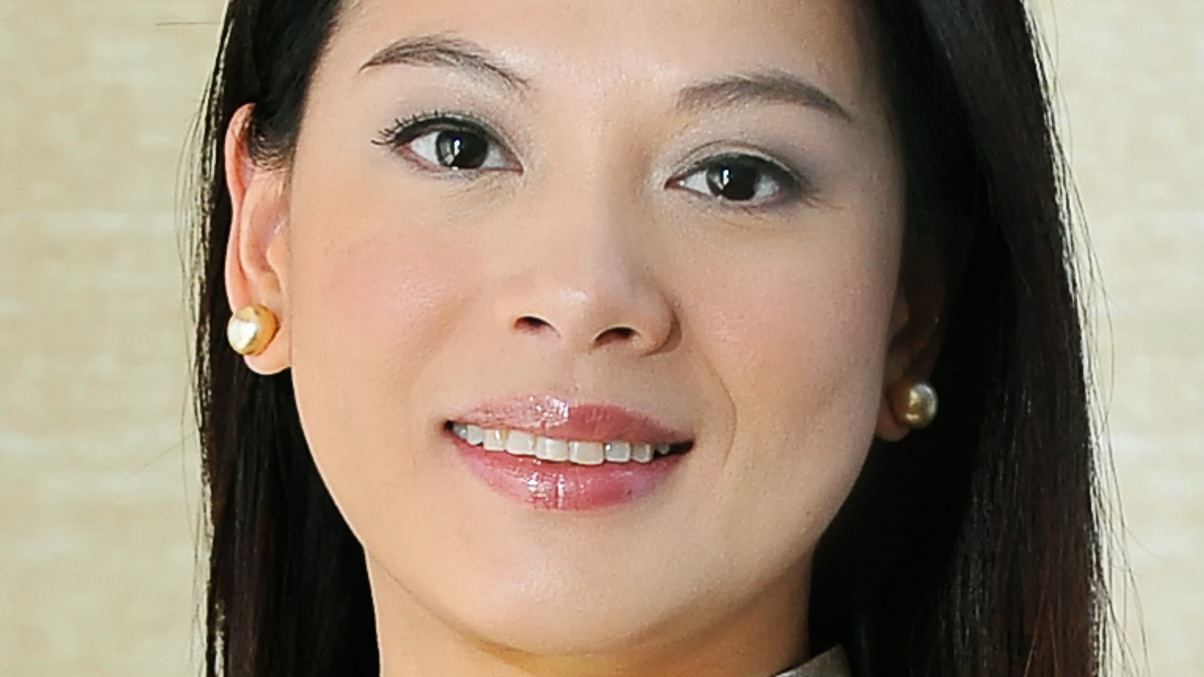Philippine fund houses eye wealth-management sector
Retail funds look set to provide faster asset growth than institutional business, says the head of Manila-based BPI Asset Management, which is about to launch a funds trading platform.

With its takeover of ING Investment Management’s Philippine arm – which completed on March 30 – Manila-based BPI Asset Management may have overtaken BDO Asset Management as the country's biggest fund house and expects to see particularly fast growth in its retail business.
Sign in to read on!
Registered users get 2 free articles in 30 days.
Subscribers have full unlimited access to AsianInvestor
Not signed up? New users get 2 free articles per month, plus a 7-day unlimited free trial.
¬ Haymarket Media Limited. All rights reserved.


